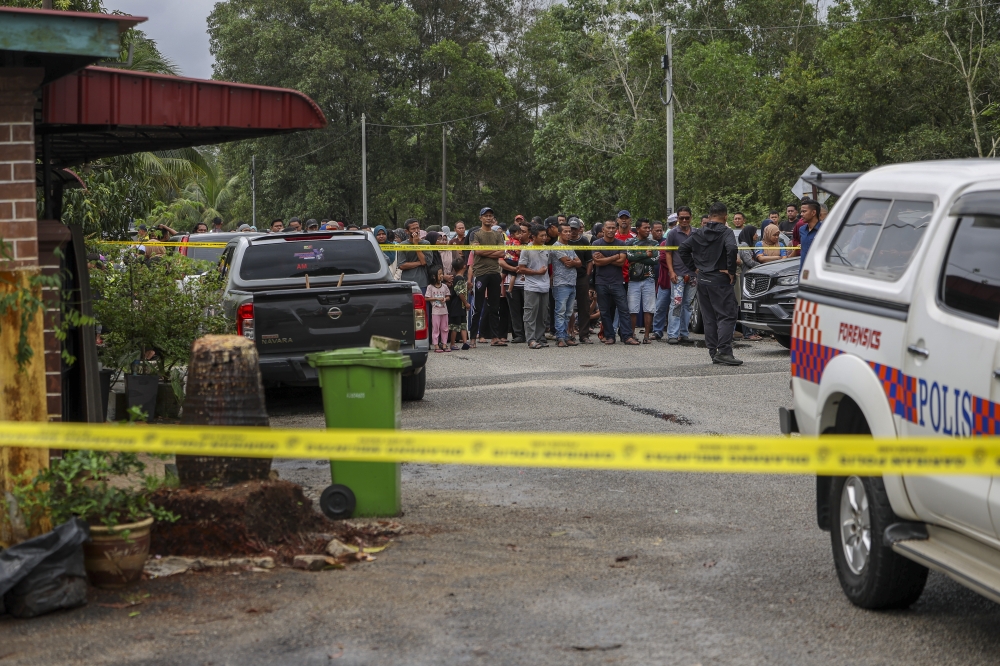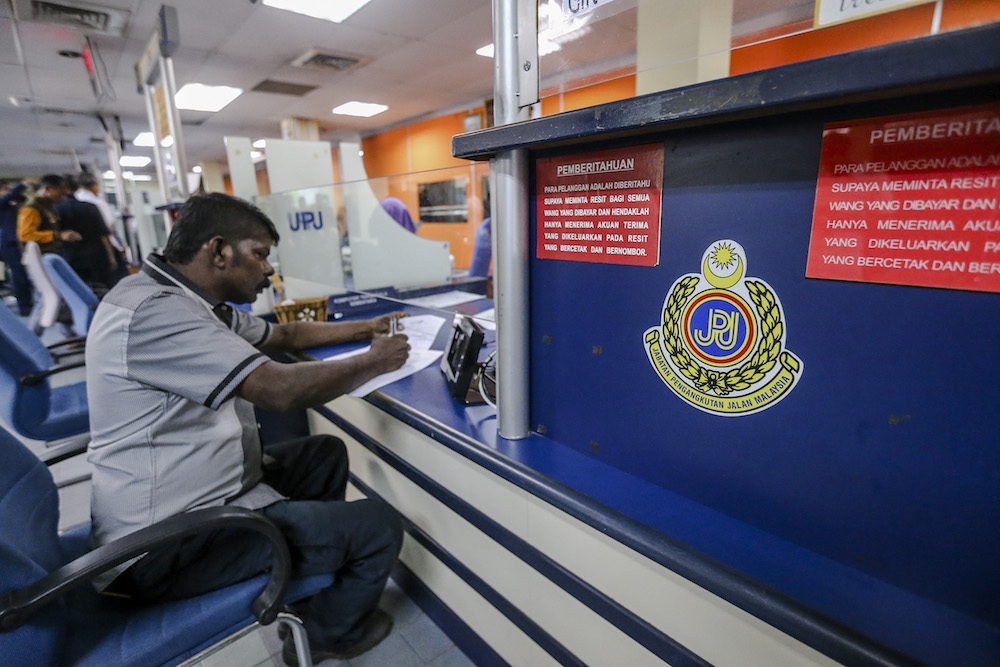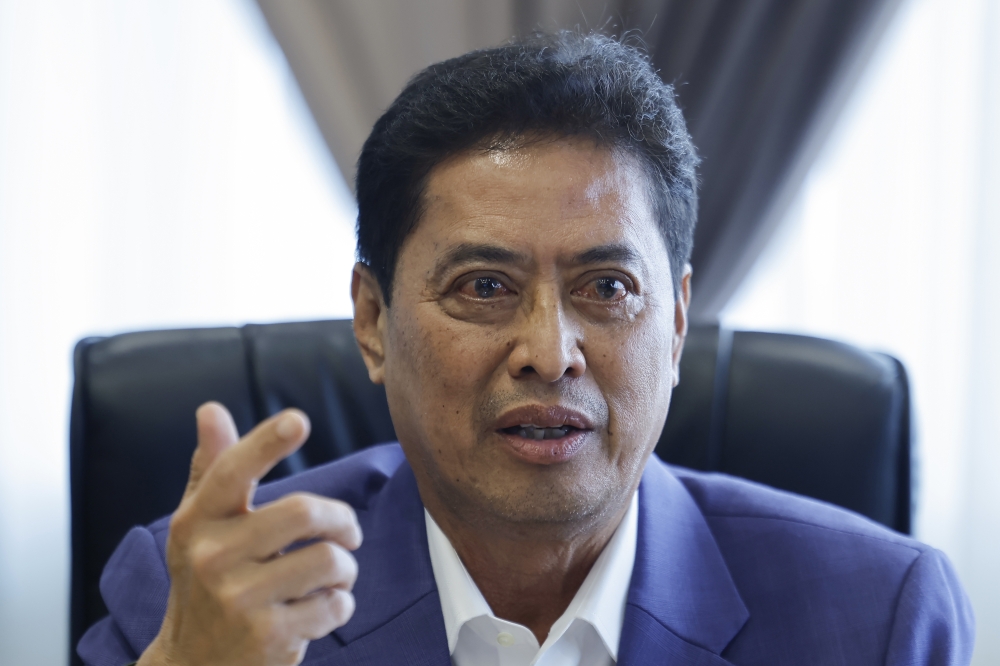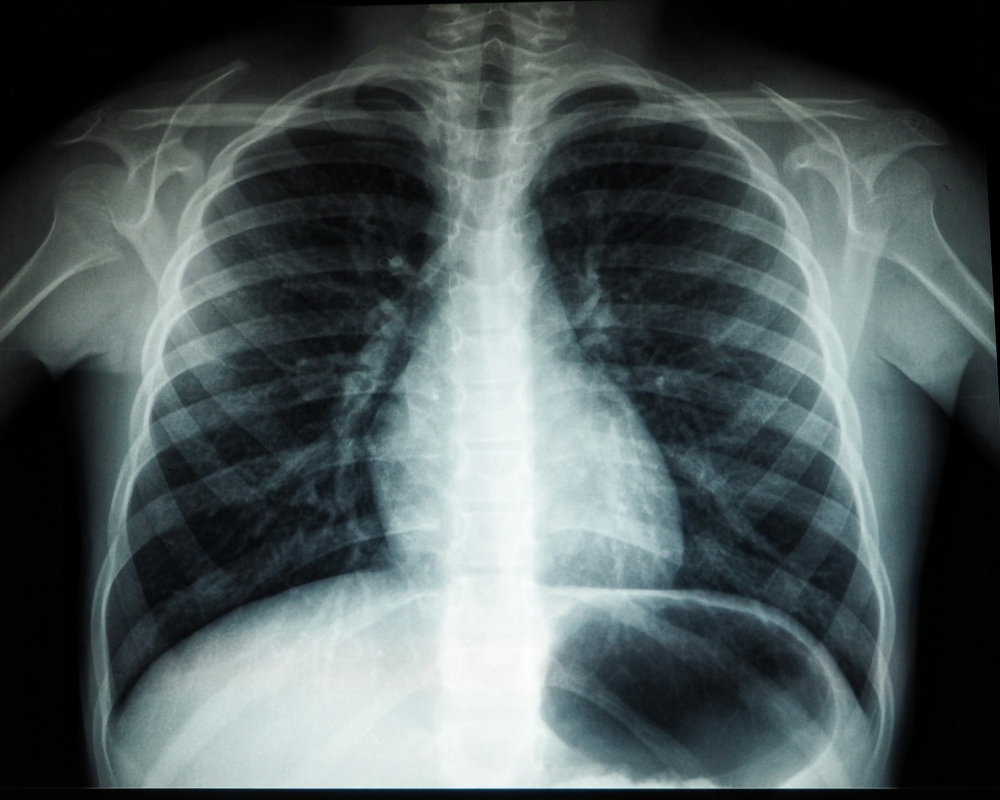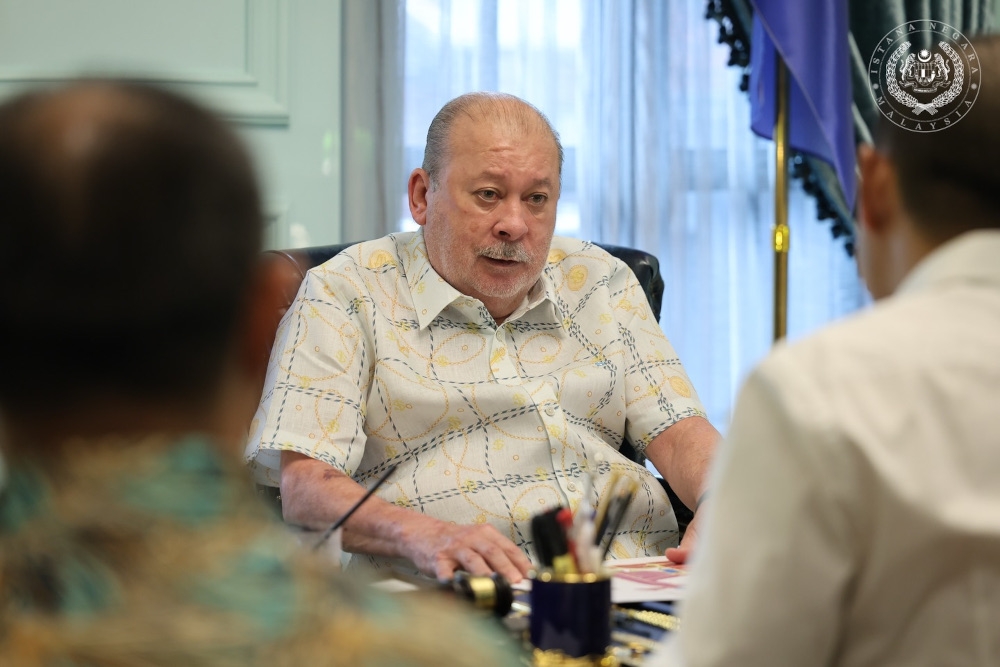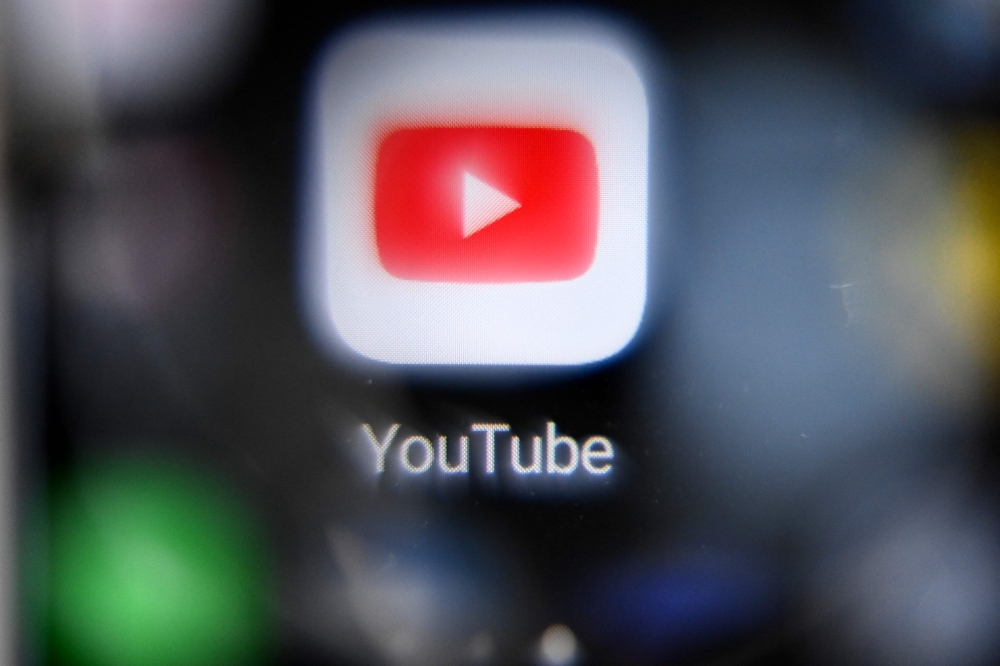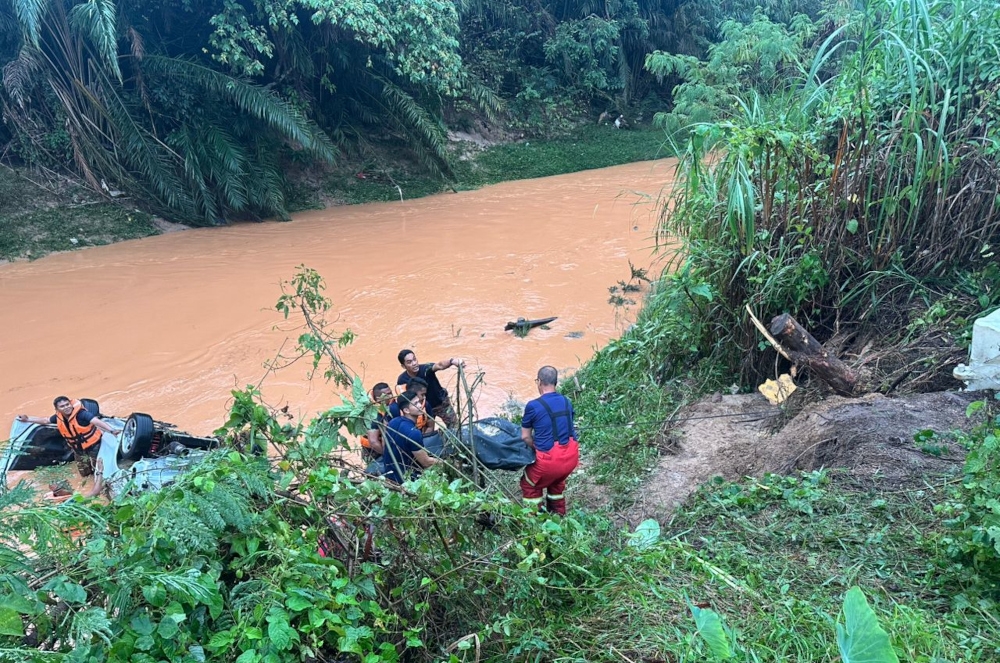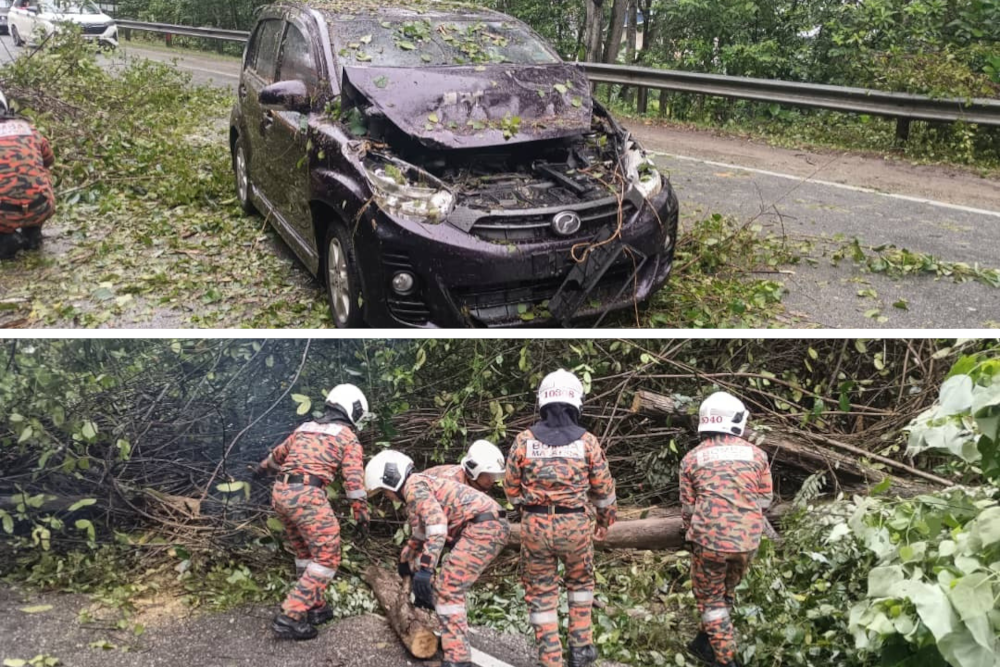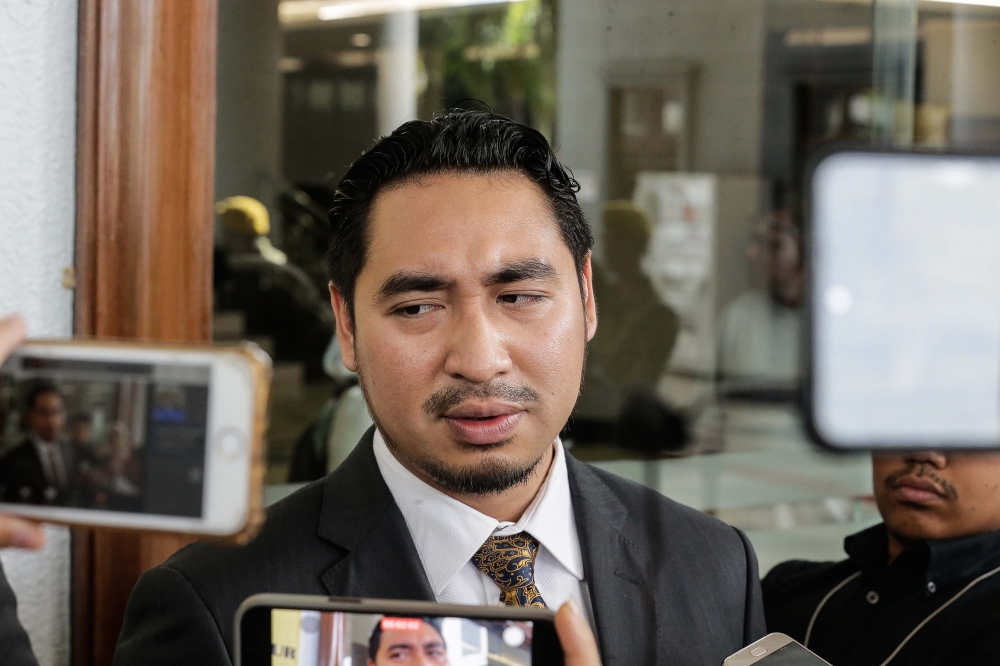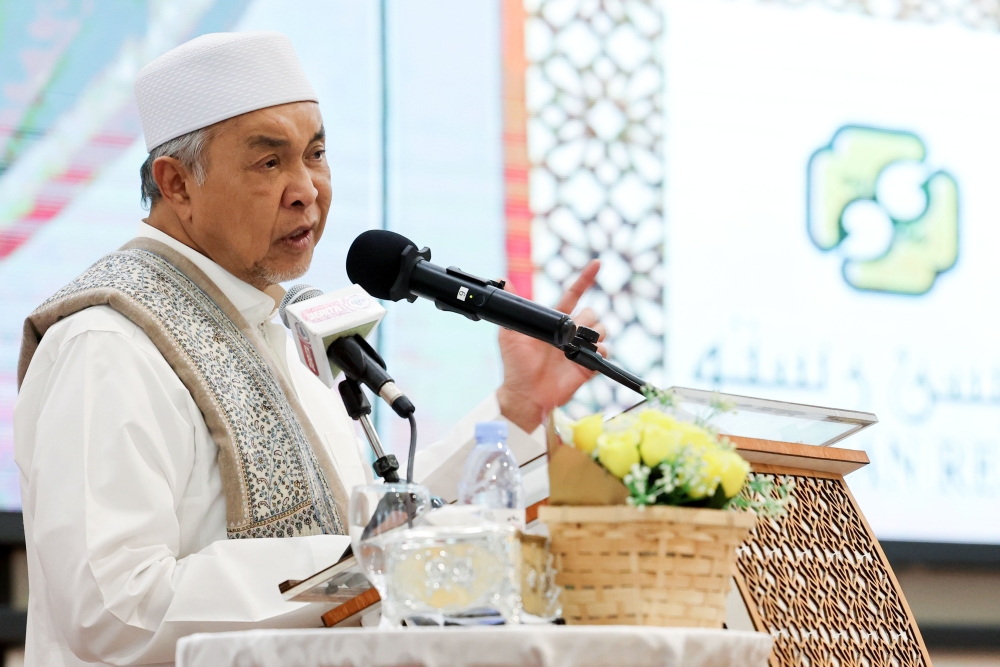SAN FRANCISCO, Aug 20 — While the social media giant has adopted new measures to track down on coronavirus-related conspiracy theories and bogus cures, a new study found that misleading content about health attracted nearly half a billion views on Facebook in April.
Although Facebook CEO Mark Zuckerberg announced in April that the platform has ramped up fact-checking efforts around the novel coronavirus, US-based non-profit activism group Avaaz revealed that websites peddling inaccurate information peaked at an estimated 460 million views in that month alone.
“This suggests that just when citizens needed credible health information the most, and while Facebook was trying to proactively raise the profile of authoritative health institutions on the platform, its algorithm was potentially undermining these efforts,” the report said.
Avaaz also found that the most popular websites sharing medical misinformation amassed four times the number of clicks than leading health institutions such as the US Center For Disease Control and World Health Organization during the month of April.
A popular group of “super spreader” sites
Among them is a relatively small but influential network of 42 Facebook pages that are responsible for generating an estimated 800 million views on the social media platform with health-related misinformation and scam posts.
An article, which falsely claimed that the American Medical Association was encouraging doctors and US hospitals to overcount Covid-19 deaths, notably amassed some 160.5 million views on Facebook — the highest number of views recorded in Avaaz’s investigation.
Another article, which wrongfully alleged that a Bill Gates-backed polio vaccination program led to the paralysis of almost half a million children in India, reached some 3.7 million views on the platform.
Detecting medical fake news
While Facebook has long been criticised by lawmakers and others for not doing more to combat this “infodemic,” the company has taken greater steps toward fact-checking, and has enlisted third-party groups to review questionable posts one-by-one.
However, only 16 per cent of the misleading or false articles analysed by Avaaz displayed a warning label from the social media’s third-party fact-checkers.
“These findings point to a gap in Facebook’s ability to detect clones and variations of fact-checked content — especially across multiple languages — and to apply warning labels to them,” the report said.
In order to curb the spread of harmful media disinformation, Avaaz suggested to provide all users who have seen misinformation with independently fact-checked corrections, as well as downgrade misinformation posts and systematic misinformation actors in users’ News Feed. — AFP-Relaxnews

